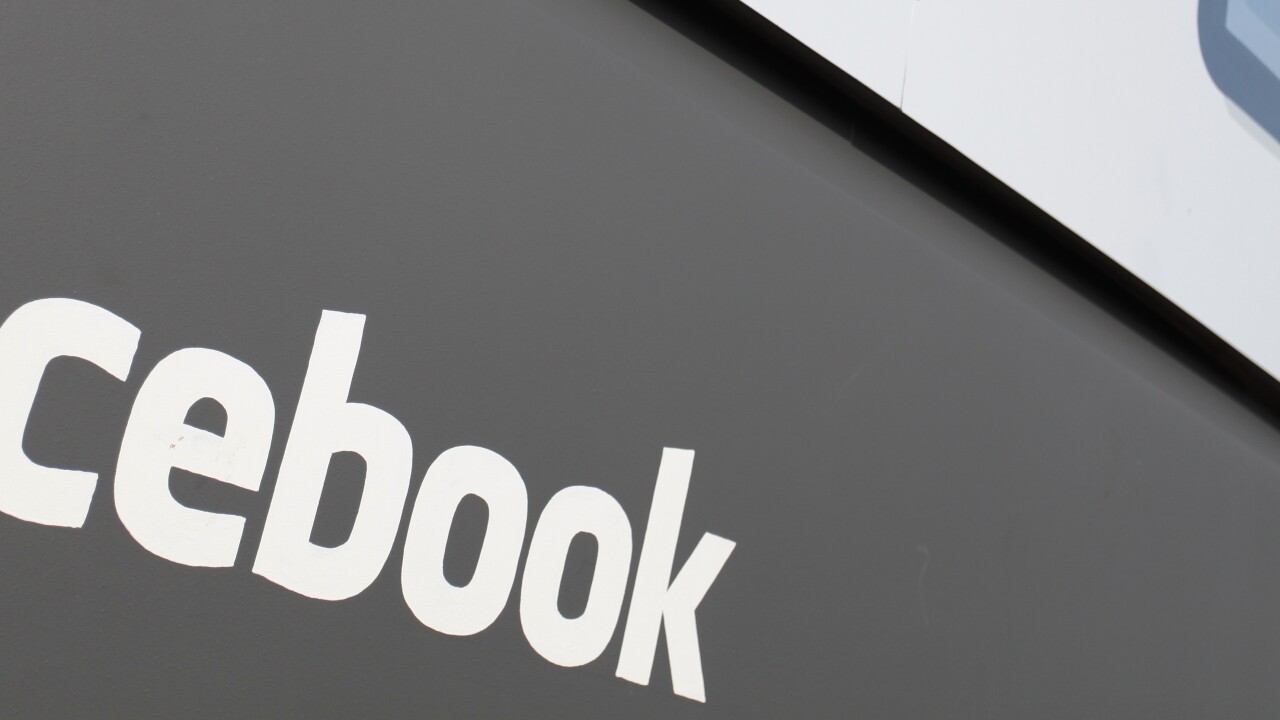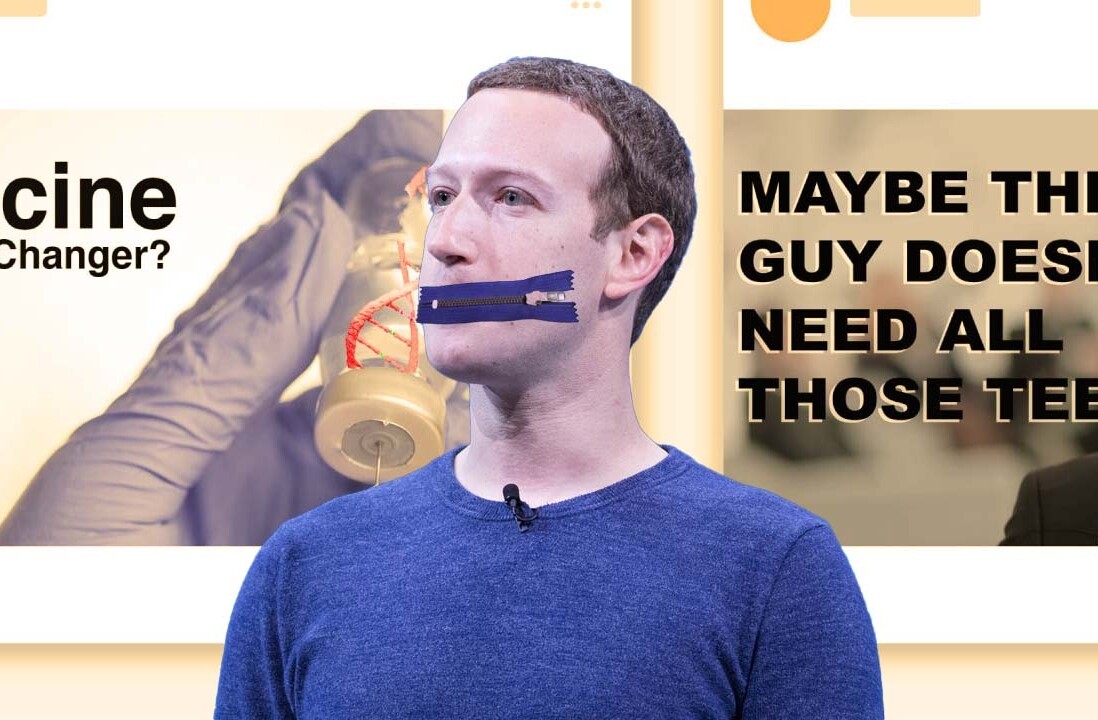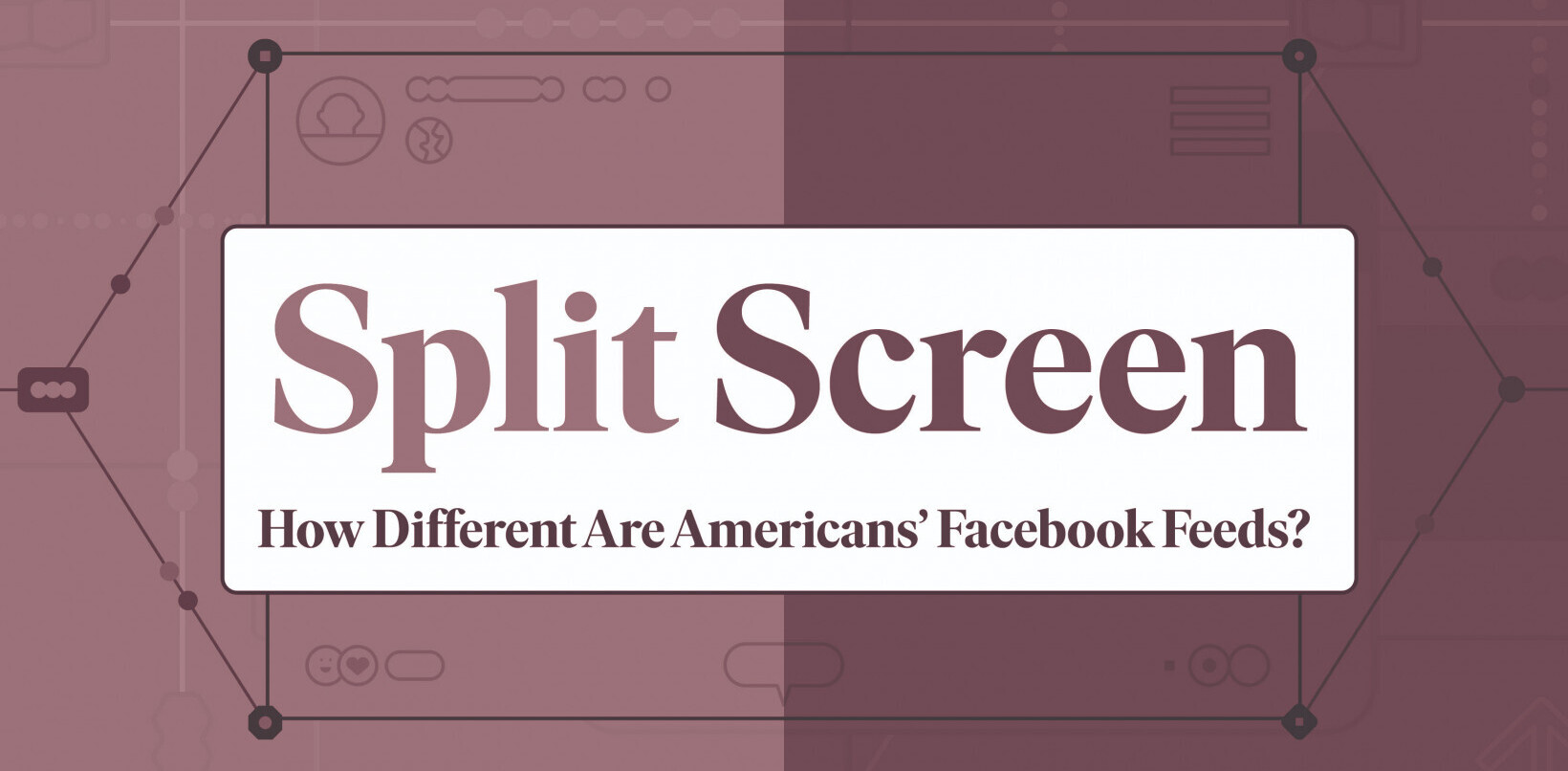
Facebook is continuing to fine-tune and adapt its Messenger mobile apps (iOS/Android), today pushing live updates which include a potentially disruptive feature: voice messages.
The iOS and Android Messenger apps (which will be available later today) have been outfitted with a new option alongside the photo and camera buttons, offering a ‘Record’ toggle that can be pushed and held to record voice messages.
If you don’t like what you’ve recorded, slide it off to cancel the message or let go to send it.
While the voice messaging feature provides a new way of interacting with friends, Facebook has also said it will also begin the beta testing of a new VoIP calling feature within its iOS Messenger app, allowing users to establish a peer-to-peer connection and make calls without making a dent in their call allowance (although it will use existing data plans).
The only drawback is that voice calls (messages are available to all) will be available to Canadian users of the iOS Messenger app at launch.
To use the service, Canadian users will be able to log into their Messenger app, open a conversation with the person they want to call, hit the ‘i’ button in the top-right corner and selecting ‘Free Call.’ To send and receive calls, users will need to have the latest version of the app that is available today.
In recent months, Facebook has doubled-down on its messaging features, dropping requirements for users of its Android Messenger app to log in with a Facebook account. Allowing users to sign in with just their name and phone number made it a more attractive option to mobile owners who don’t want to use Facebook’s social networking features but need a reliable messaging service.

Soon after that, it launched Facebok Poke, a direct attempt at leveraging away users of the popular iOS app Snapchat, offering disposable messages and the opportunity to send photos and videos that are automatically destroyed after a user-specified amount of time.
Facebook Messenger will now serve as a call and voicemail system that potentially reaches 1 billion users. It doesn’t matter if it’s not all that innovative, the service will be extremely useful to many millions of users around the world — that’s if Facebook’s tests are successful and it is opened to users in more markets.
And the possibilities seem interesting, to say the least. The ability to update the service with premium services could mean additional revenue. Think Skype’s internet phone numbers, call forwarding and other ‘upgrades’. This could be a nice additional stream of revenue for the service if it proves successful.
➤ Facebook Messenger – iOS | Android
Disclosure: This article contains affiliate links. While we only ever write about products we think deserve to be on the pages of our site, The Next Web may earn a small commission if you click through and buy the product in question. For more information, please see our Terms of Service.
Get the TNW newsletter
Get the most important tech news in your inbox each week.




